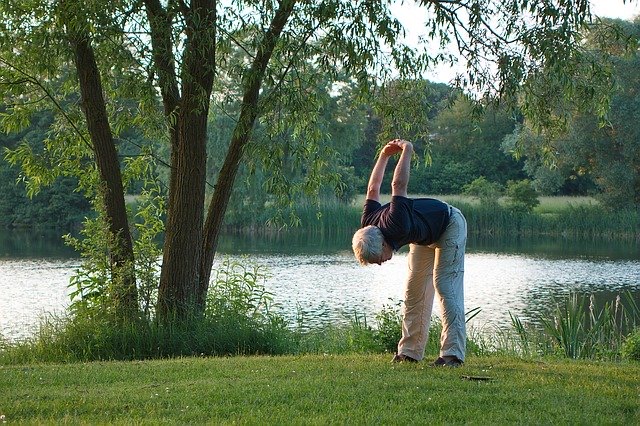Aging doesn’t mean that you have to stop living. It is common knowledge that as we get older, our bodies change. Researchers say it takes about 21 days to break a habit. Healthy habits require setting goals and determination. Remind yourself that your well-being is important. Making small changes to your health can have a positive impact helping you to live a healthier and longer life.
- Visit your doctor regularly – It is recommended that you see your primary care physician at least annually. Regular examinations can catch problems early, when they are more treatable.
- Watch your weight – Follow your doctor’s orders when it comes to weight. Your weight, whether over-weight or under-weight, can impact your health long-term.
- Quit smoking – It is never too late to quit smoking. Some of the physical harm smoking can do to an elderly person is deterioration of muscle due to lower levels of oxygen flowing through one’s body. Smoking can weaken your immune system due to the high potency of chemicals in the inner workings of your body. This makes it more difficult for your body to heal when severe diseases and illness onset in your elderly life. Your primary doctor can give you a list of benefits even longer than the ones mentioned above when it comes to quitting smoking. They also can recommend other healthcare professionals that can help you break your habit.
- Get active – Exercising helps lower the risk of age-related diseases and disabilities. There are also mental benefits that come with exercising. It can be overwhelming to know where to begin if you would not consider yourself active. It’s important to remember to do something physical every day. Some ideas for seniors would be to swim, go for a walk, or work in the garden. Your health care professional can help you with a plan that includes physical activities that are suitable for you.
- Fuel your body with good nutrition – Your body needs healthy food to fuel it in order to function properly. As we get older, our bodies need more fiber. Drinking more water and eating more produce is a great start. Eliminate processed food from your diet. Processed food would include chips, cookies, frozen dinners, cereals, and deli meats.
- Socialize – It’s important to get out of the house if you can and spend time with those who brighten your spirit. Physician interactions can help fight depression.
- Get proper sleep – You should be setting a goal to get about 7 to 8 hours of good sleep each night. Heart disease, obesity, diabetes, and high blood pressure have been linked to sleep deprivation.
- Have goals – Set goals for yourself that are attainable. Have a purpose in life. Living with purpose is something that doesn’t have to stop as you get older. If anything, purpose becomes even more important for the overall health and well-being for seniors. Some goal ideas may be to start a new hobby, learn something new, make a new friend, or volunteer for an organization.
Check with your physician before making any changes to your diet and lifestyle.
Further reading:

